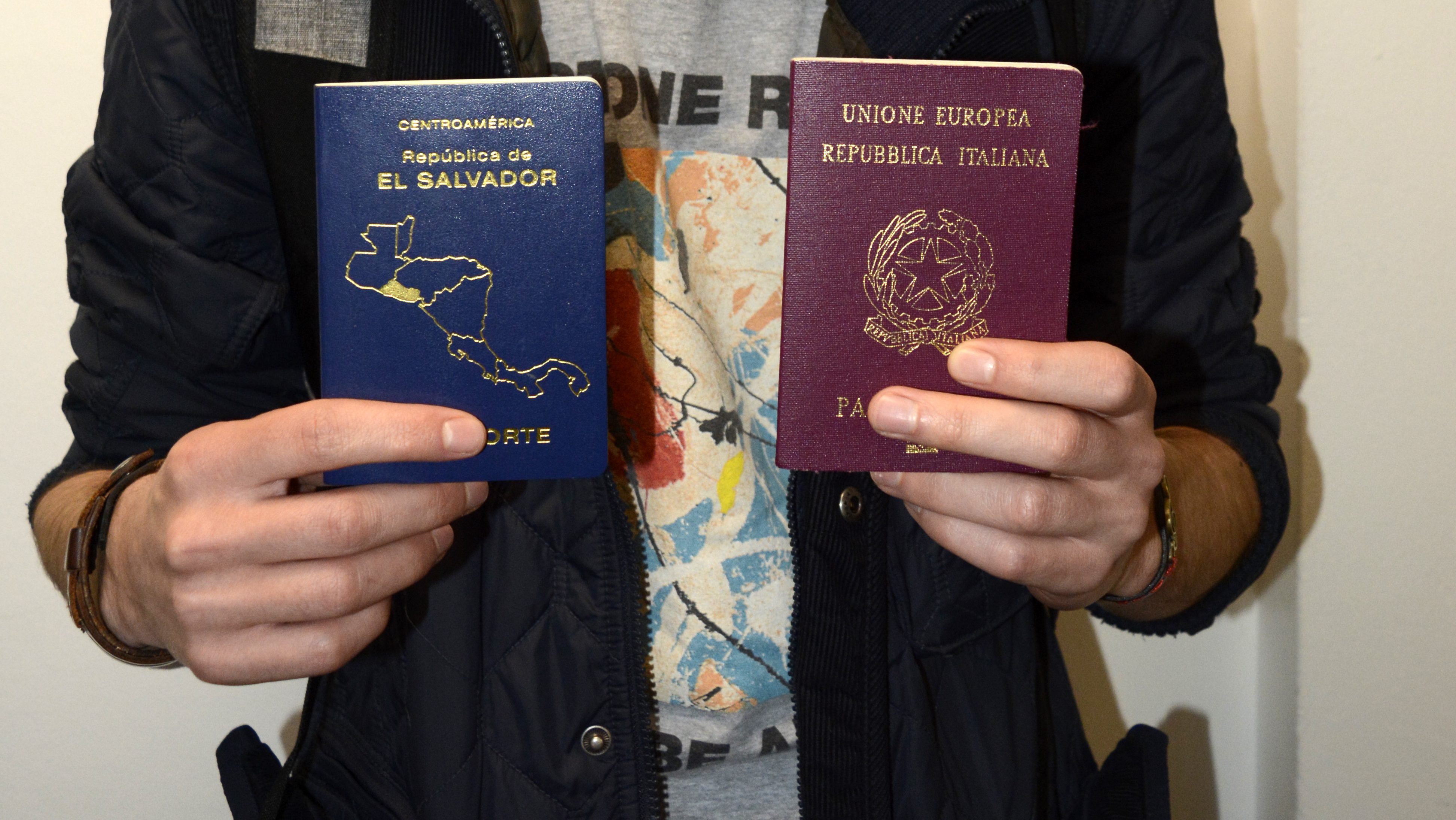Kingston University students have said that having a European passport in post-Brexit UK is still better than having a British one.
Second-year computer science student Juan Rovira said he would keep using his Italian passport to stay in the UK after he graduates.
Born in El Salvador but grew up in Venezuela, Rovira attained his Italian passport through his grandmother’s heritage and said he would keep using his Italian passport to try and stay in the UK after he graduates.
Rovira feels happy about having an Italian passport: “I’m not religious, so I only give thanks to my grandmother for the heritage since it has helped me have a future working in a foreign country.”
Italian passports rank fourth in the Henley Passport Index’s 2020 ranking, which lists passports according to the number destinations their holders can go to without a prior visa.
An Italian passport can access 188 countries as opposed to the 133 and 132 Salvadoran and Venezuelan passports can access.
Rovira’s plans after graduation are to live in the UK and work as a full-time barista for an independent coffee shop. Rovira said he will probably apply to the EU settlement scheme.
Rovira’s Venezuelan passport has expired, but he still keeps his Salvadoran passport, which given that he was born there, he considers “natural” to have.
English literature student Sofia De Leon is from Uruguay and also came to the UK on her Italian passport.
De Leon has had an Italian passport since she was a child, having Italian ancestry on both her father and mother’s side. She does not know where her Uruguayan passport is, not having seen it since she was 12.
She plans on staying in the UK and briefly considered getting a British passport but ultimately decided against it: “Because of how things are right now, I think that keeping a European passport will open more doors than just having a British passport would.”

